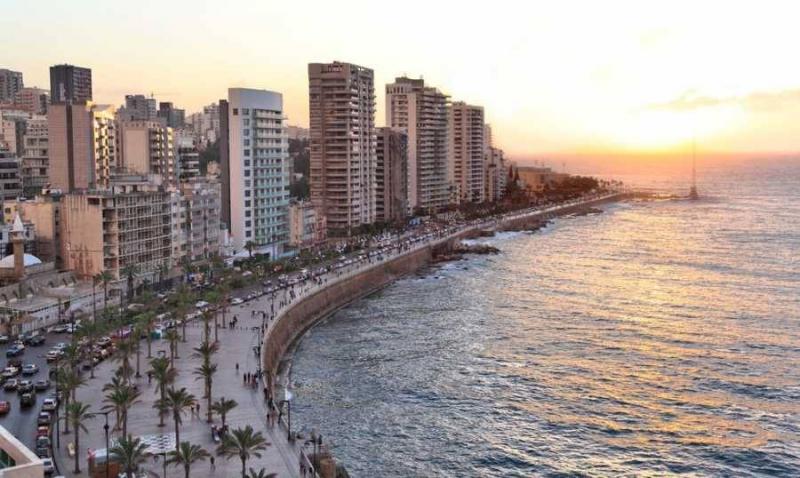The city of Beirut ranked 208th in the world and 16th in the Middle East and North Africa in the 2023 Quality of Life Index. The "Mercer" Institute published its 25th annual report this week, covering the year 2023 and comparing and ranking 241 cities worldwide based on the ease and flexibility of living and working for expatriates and their families. The report aims to provide global companies with reliable information to help them determine appropriate financial rewards and compensation for expatriate employees, considering their compromises regarding the quality of life in the cities where they reside.
The report assesses living conditions according to nine main categories: political environment, economic environment, internet connectivity, medical and health considerations, education, climate, recreation, infrastructure and housing, and finally, traffic congestion.
In the global ranking, despite the fragile political and economic conditions in Europe, Western European cities dominated the 2023 Quality of Life Index, occupying seven of the top ten positions. Vienna ranked first globally, followed by Zurich in second place and Auckland in third.
Regionally, Dubai topped the Mercer Quality of Life Index for 2023, ranking 79th globally, followed by Abu Dhabi (84th globally), Doha (117th globally), Muscat (118th globally), and Tunis (131st globally), among others. In contrast, Damascus (235th globally), Sana'a (238th globally), Baghdad (240th globally), and Khartoum (241st globally) occupied the bottom four regional positions due to ongoing wars and instability.
Finally, on the local level, Beirut ranked 16th regionally and 208th globally, falling behind Algeria (189th globally) and Djibouti (198th globally), while outperforming Nouakchott (227th globally) and Tripoli (233rd globally).




